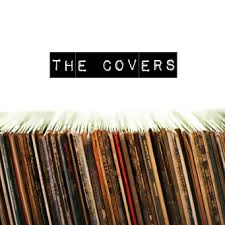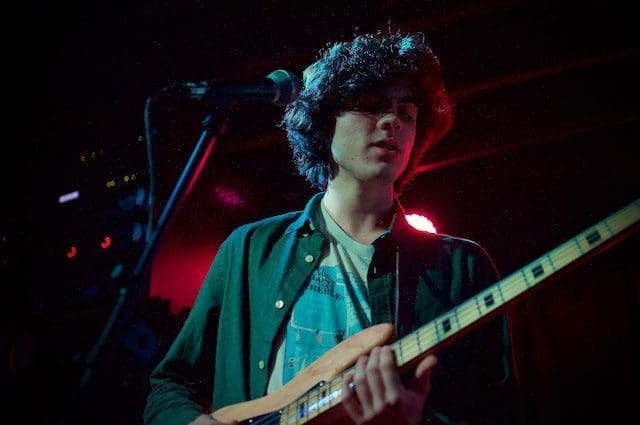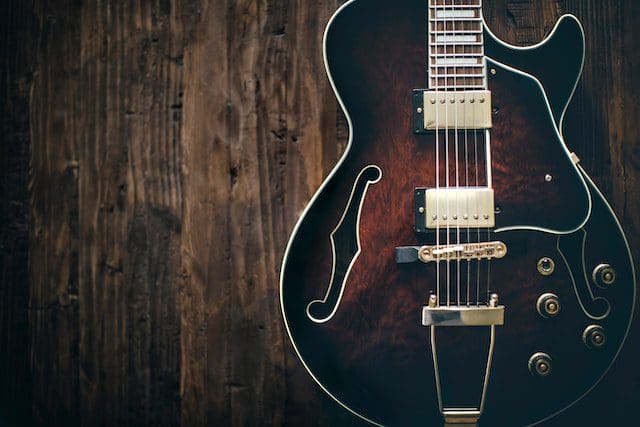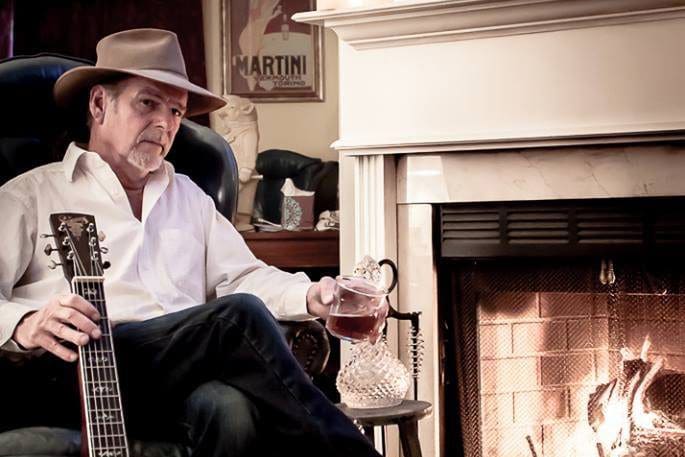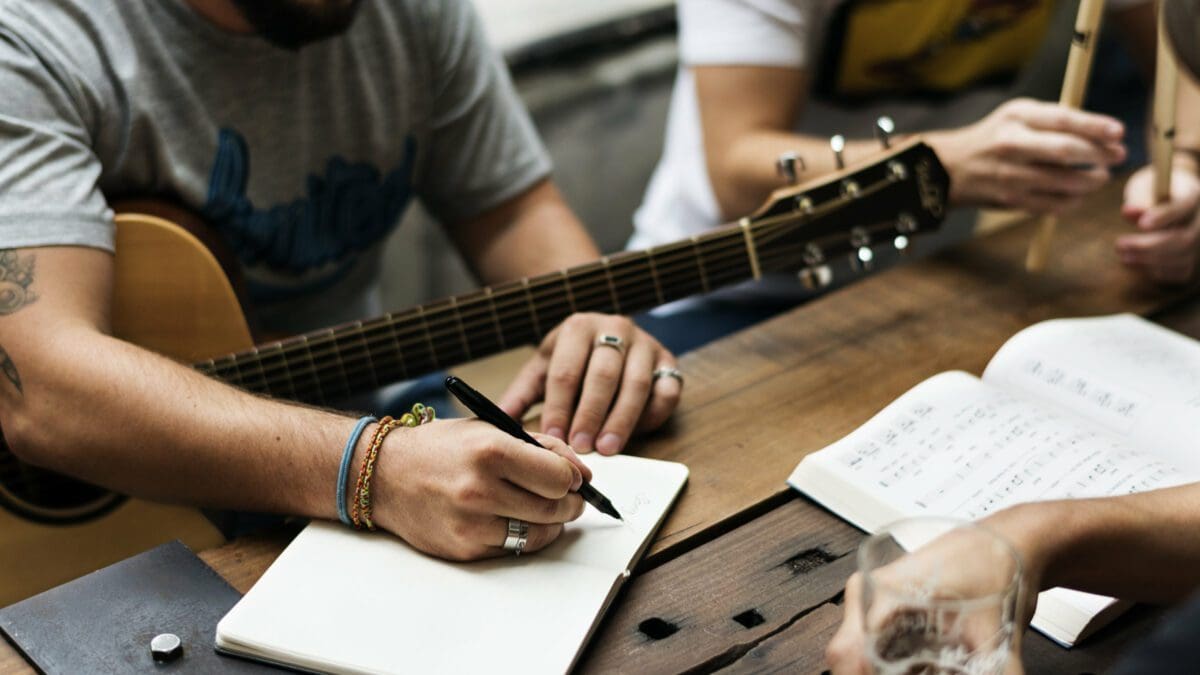There’s nothing more satisfying than listening to an old-time classic or a current hit re-made into a completely new style which reinvents our favourites in a way we’ve never heard them before.
That is the beauty of a cover song, you either love them or you hate them but either way, there have been some fantastic covers of songs that have even become more popular than the original!
What Is A Cover Song?
A cover song is a new performance or recording of a previously recorded, commercially released track by someone other than the original artist or composer. People love to do song covers and the consumer loves to hear them. They want to be able to connect to their favourite songs in their own way. For so many artists it’s a way of expression and also an appreciation of the song itself.
More and more up-and-coming artists are now performing/recording cover versions as it is a popular way of getting heard and recognised. Social media sites like YouTube hold many videos of artists covering songs with tons of hits which have helped them towards their musical success.
An example of this is the Christmas John Lewis adverts such as the song “The Power Of Love” originally performed by Frankie Goes To Hollywood, this was covered by Gabrielle Aplin and charted at number 1 in the UK Singles Chart. This is what helped Gabrielle Aplin step into the limelight and become the success that she is now.
Sometimes covers are new versions of older songs that are in the Public Domain, while others are versions of songs still protected by Copyright. For example, if you were to cover ‘Sorry’ by Justin Bieber in your home studio of some sort you would have re-recorded his (or someone else’s) copyrighted song. This then means that you own the recording but someone else owns the song itself.
How To Release A Cover Song
So, you have a song that you want to cover and then want to release it, how exactly do you go about doing this. Here are some tips you can follow to get you started.
- Obtain a mechanical license from the copyright holder. This is a legal document that grants you permission to record and distribute a cover version of the song.
- Pay the appropriate mechanical royalty fees. This is a fee that is paid to the copyright holder for the use of their song.
- Make sure you have the appropriate performance rights. This is a license that grants you permission to perform the song publicly.
- Record and produce your cover version.
- Secure distribution for your cover song. This can be done through a record label, digital distribution service, or self-release.
- Promote your cover song. This can be done through social media, radio play, or other means.
- Make sure you are properly credited for your cover song. This includes giving credit to the original songwriter and publisher.
Royalties & Cover Songs
Well, there is a lot of copyright involved so royalties can be earned respectively to the original artist of the song. When you record a cover you’ll own the copyright in that recording but you’re going to need permission to use the song as you don’t own that copyright. This is when something called a ‘Mechanical License’ comes into perspective. This is the permission you need from the publisher for you to record/distribute the song they own the rights to.
This is to make sure that the right royalty rate is paid back to the owner. This answers the question as to why publishers want cover versions of songs as it’s another way to make money through them as well as re-releasing the song into the public domain which can lead back to the interest of the original.
Best Cover Songs
Pet Shop Boys – Always On My Mind
The song “Always On My Mind” was originally recorded by Elvis Presley in 1972.
Johnny Cash – Hurt
Hurt was originally performed and written by Nine Inch Nails.
The Stranglers – Walk On By
“Walk On By” was originally written and recorded by American singer-songwriter Dionne Warwick in 1964.
Jimi Hendrix – All Along The Watchtower
The song was originally sung by Bob Dylan.
Jeff Buckley – Hallelujah
“Hallelujah” was originally written and recorded by Leonard Cohen in 1984.
Soft Cell – Tainted Love
The song “Tainted Love” was originally performed by Gloria Jones in 1964.
Joe Cocker – With A Little Help From My Friends
The song “With a Little Help From My Friends” was originally performed by The Beatles.
Sinead O’Connor – Nothing Compares 2 U
Prince originally wrote and performed the song “Nothing Compares 2 U”.
Cover Songs in TV, Film And Advertising
As mentioned above every year at Christmas, people have started to wait in anticipation for John Lewis to bring out a new iconic and emotionally exhausting advert. Aside from the heart-wrenching storyline, it is always accompanied by a unique cover song.
Another example is the No5 Chanel advert. The sultry advert of two lovers pining for each other was accompanied by a haunting version of the Grease classic “You’re the one that I want” A song that we all love and know was completely transformed into a way we’ve never heard before. This made the video go viral and gather millions of hits on YouTube.
Closing Thoughts
The cover song is becoming a popular approach to capturing an audience, whether that be through streams, videos or advertisements. It’s a way of charming the audience with a completely new take on the song, making them intrigued about who the new artist is as well as bringing a sense of nostalgia back to what was once their all-time favourite.






